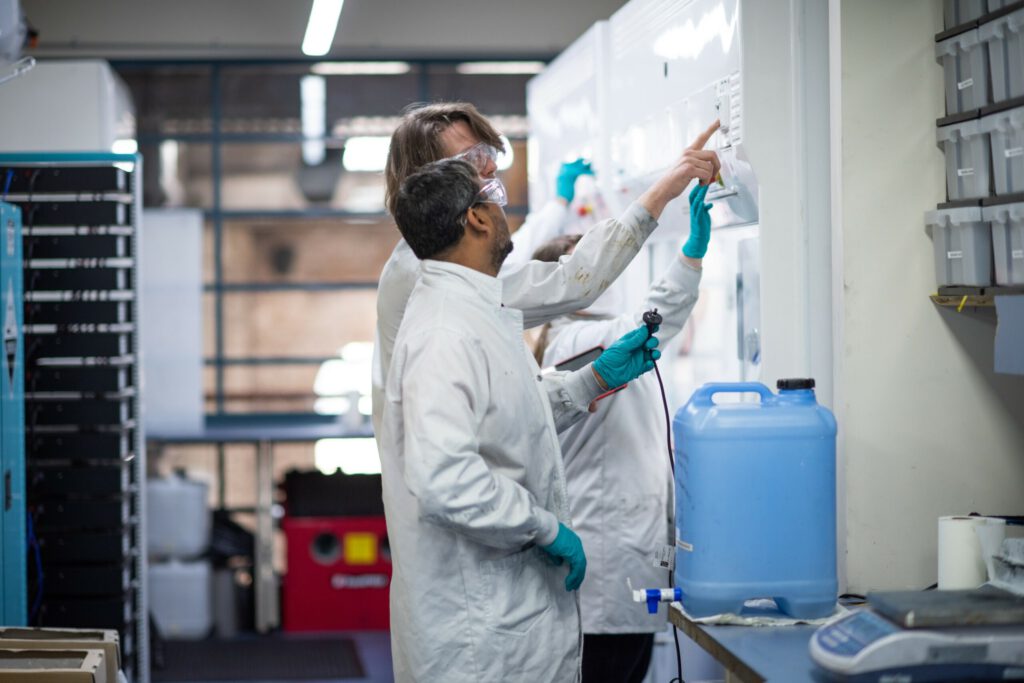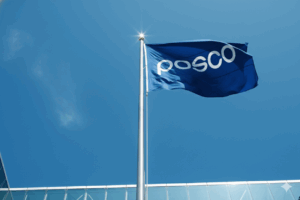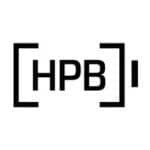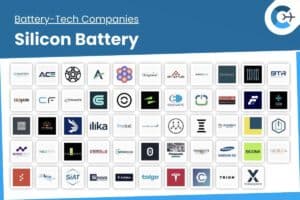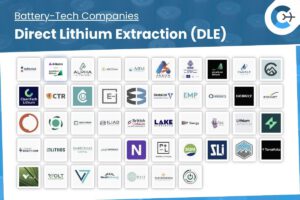Gelion has converted its Materials Testing Agreement with a major global battery manufacturer into a multi-year Collaboration Agreement following the successful independent validation of Gelion’s advanced cathode active material (CAM). The original testing agreement, signed in April 2025, centered on CAM developed in partnership with the Max Planck Institute of Colloids and Interfaces.
The partner, a leading electronics and battery producer with more than 100,000 employees and manufacturing facilities in Asia, Europe and the Americas, validated Gelion’s sulfur-based battery platform. Under the new collaboration, the companies will jointly develop pouch cell prototypes incorporating Gelion-supplied CAM, with a focus on advanced lithium-sulfur battery applications. Gelion will scale up CAM production to support prototyping efforts across the partner’s global manufacturing sites.
The agreement includes robust provisions to protect Gelion’s intellectual property and maintain confidentiality of its proprietary technologies. By working closely with an established battery manufacturer, Gelion expects to accelerate the transition from prototype development to commercial-scale production, reducing the risks associated with creating high-power, long-cycle-life cells that meet industry standards.
This collaboration aligns with Gelion’s strategic goal of bringing its sulfur battery platform to market readiness for applications in next-generation mobility, aviation and energy storage systems. According to Gelion CEO John Wood, the partnership will enable faster progress by combining Gelion’s cathode materials expertise with the partner’s manufacturing capabilities and market reach. Wood noted that this approach allows Gelion to remain capital-efficient while developing compelling full-cell solutions for a range of battery applications.
Overall, the multi-year agreement underscores growing industry recognition of Gelion’s technology and represents a key step toward commercializing sulfur-based batteries in high-performance markets.
Source: Gelion News

